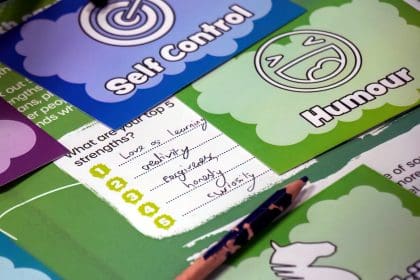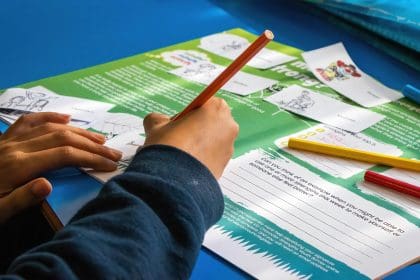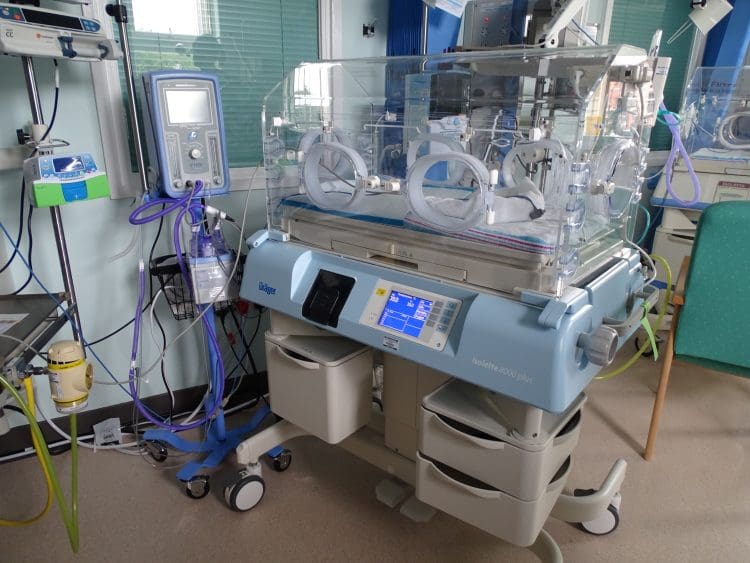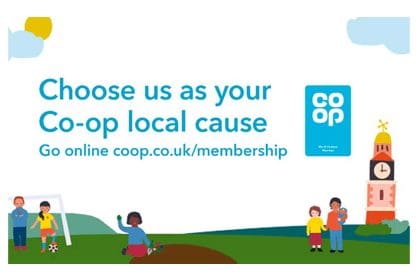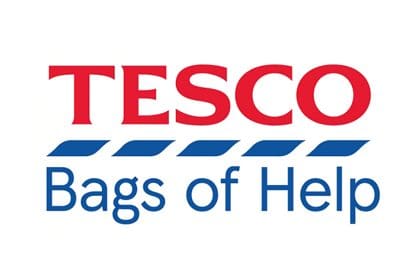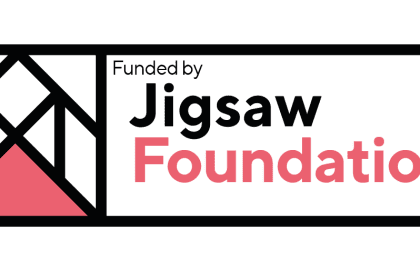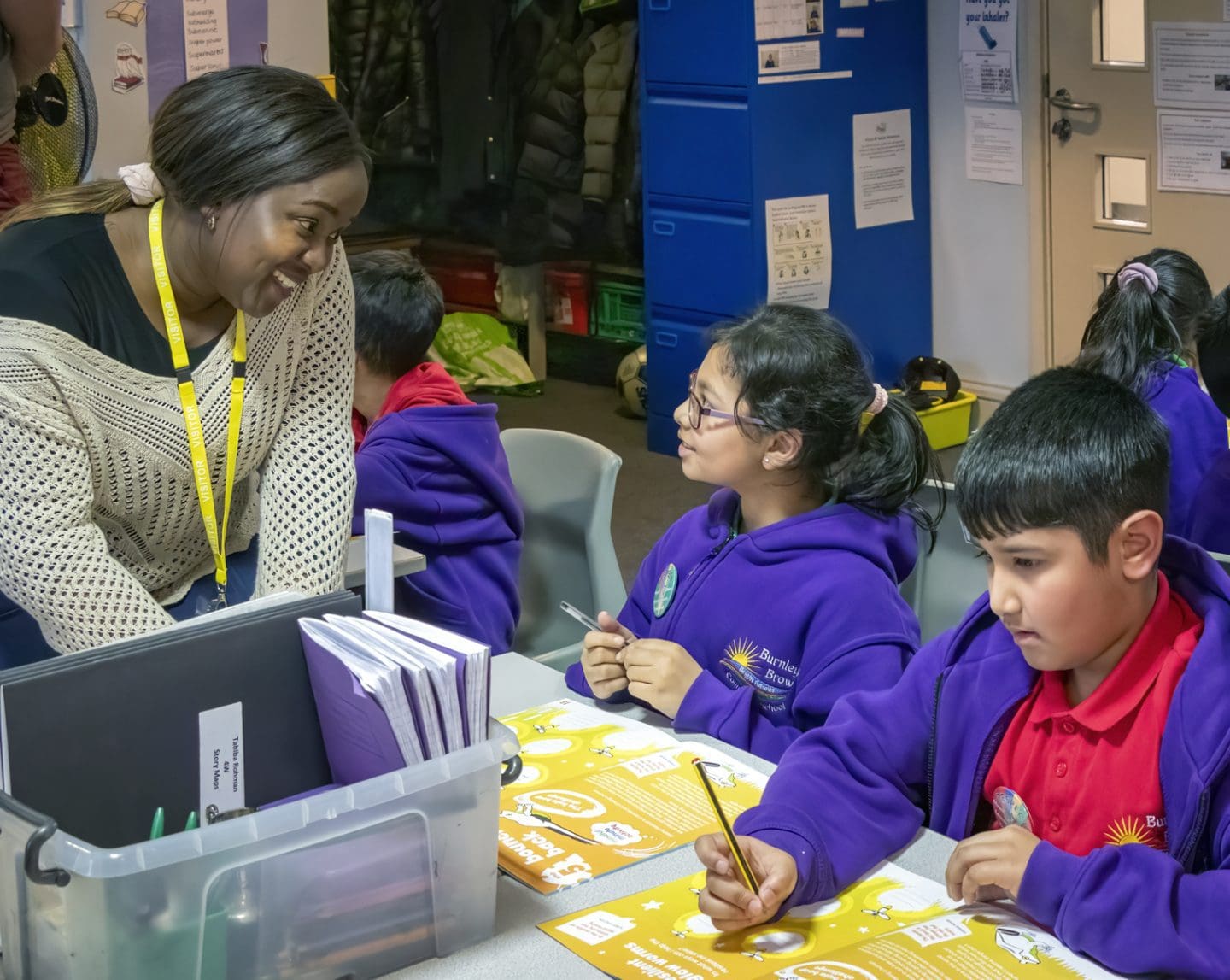
In January we were delighted to welcome Sonia Ebenezer-Bamigbayan to the Hummingbird Project team. Sonia will be delivering the six-week course to North West schools, working alongside our Project Lead, Ian Platt. Having two members of staff in place means we will be able to expand the project to more schools in the region this year.
Sonia has an extensive background in education, both as a teacher and a schools counsellor, and she is currently completing her Master’s degree in Counselling and Positive Psychology at the University of Bolton. As well as delivering the workshops, Sonia will be preparing journal articles and and papers for publication to help share our results and research findings.
Based on principles of Positive Psychology, the Hummingbird Project covers topics such as kindness, gratitude, mindfulness, resilience, and character strengths. These concepts have been shown to improve wellbeing and mental health in young people by equipping them with the tools they need to deal with setbacks and to look after their emotional health. MedEquip4Kids works in partnership with the University of Bolton, the University of Chester and the Open University to ensure that the course is evidence-based and continues to incorporate all the latest research.
Catherine North, Hummingbird Project Manager, says: “We are extremely fortunate to have Sonia on board this year. She brings so much knowledge, experience and talent to the role and she has made a fantastic start in the schools – already the pupils look forward to seeing her every week.”
Sonia is pictured above with pupils at Burnley Brow Community Primary School in Oldham.

